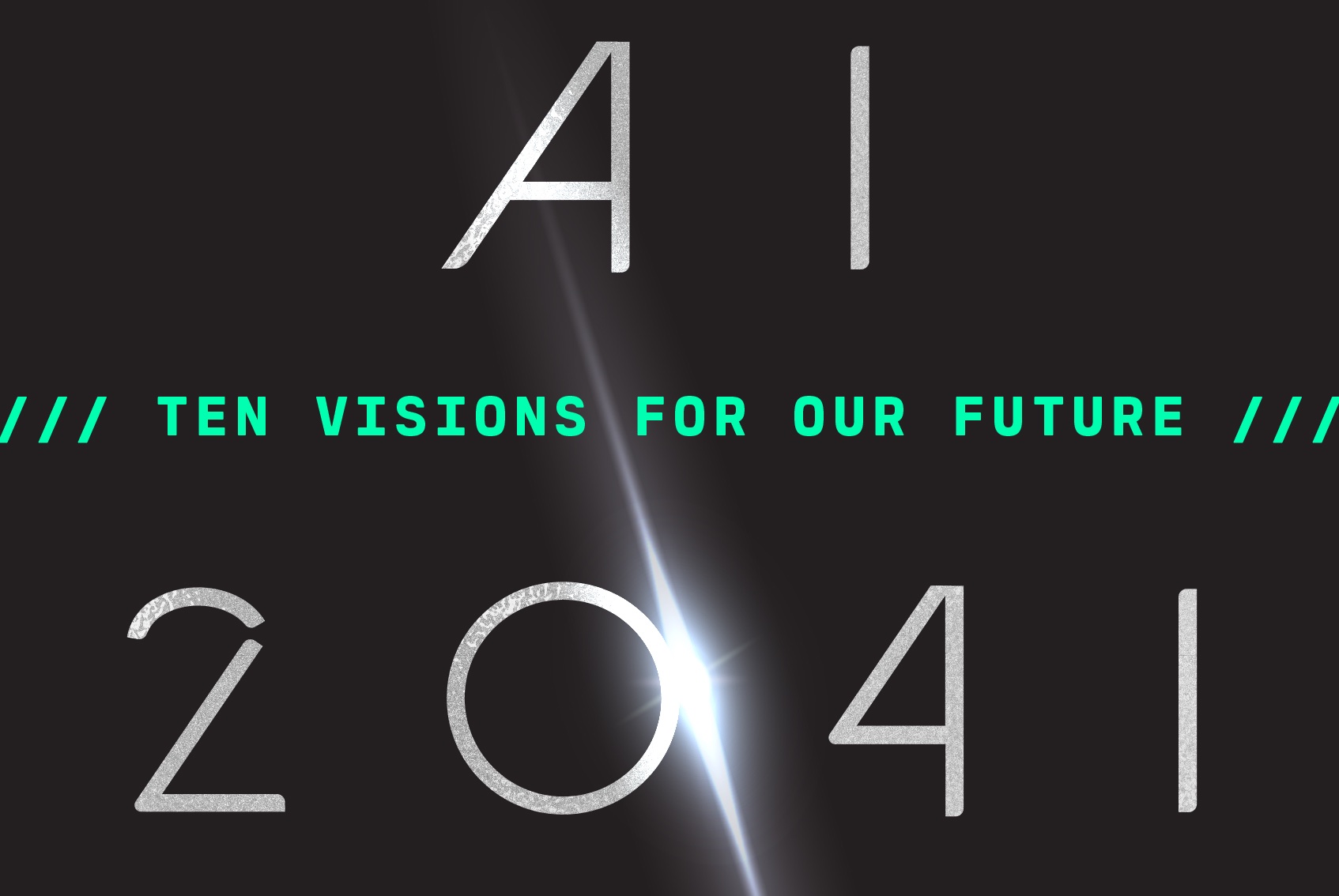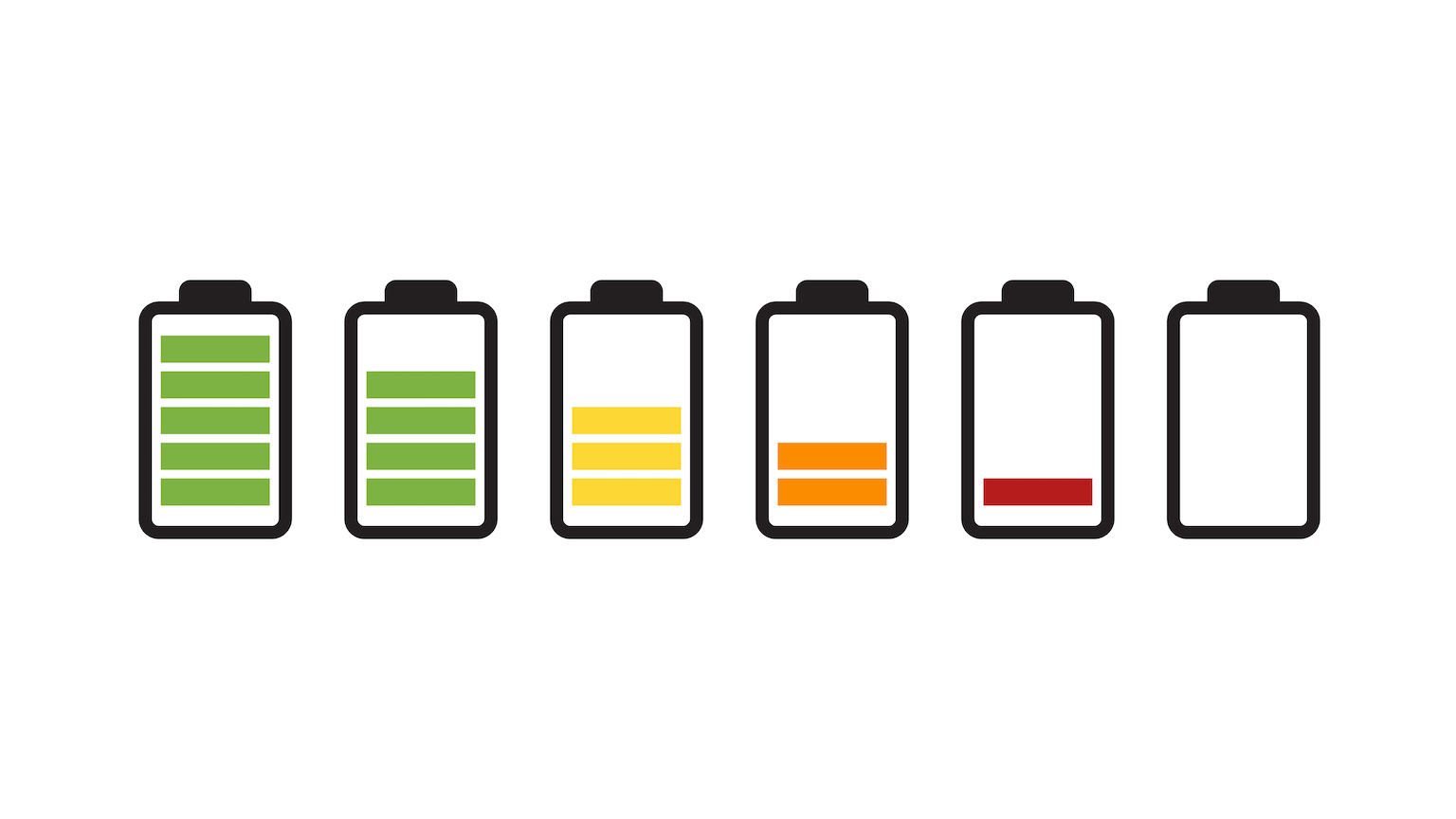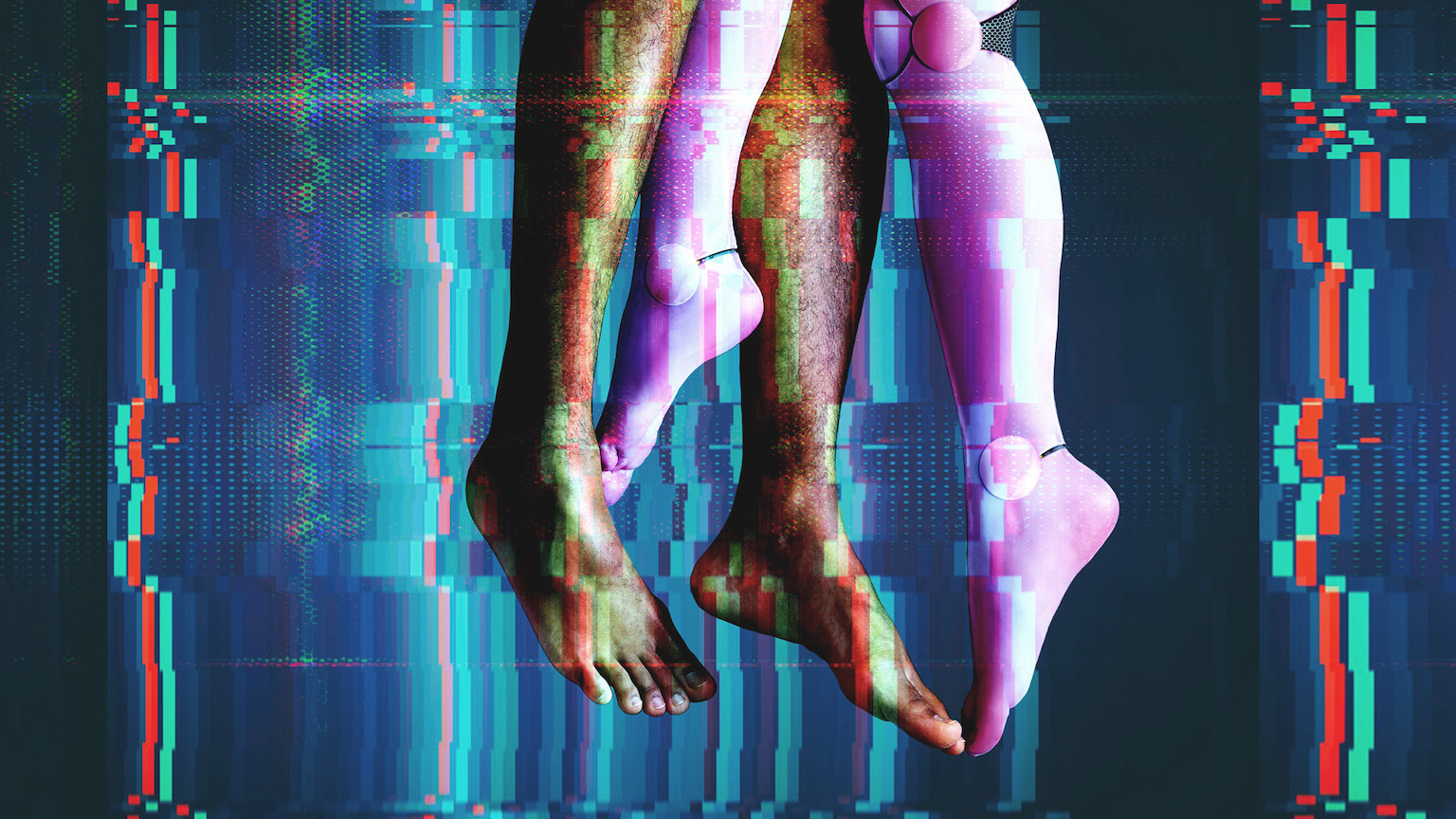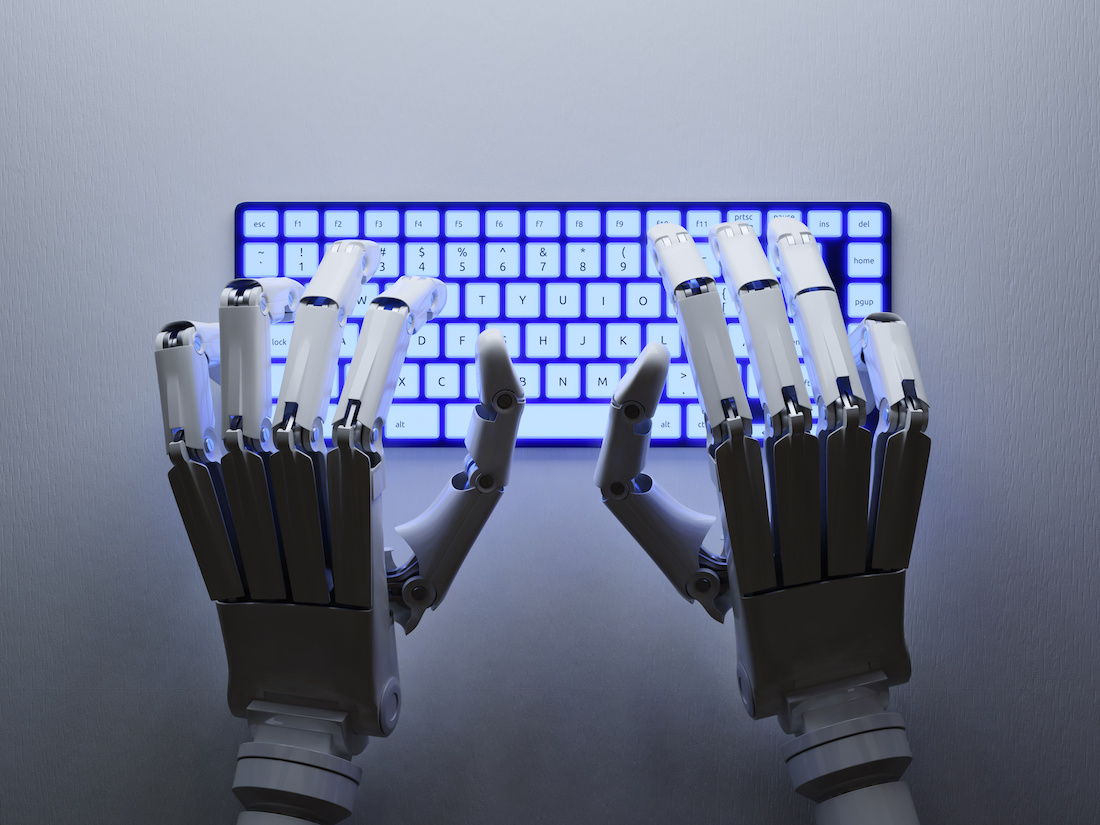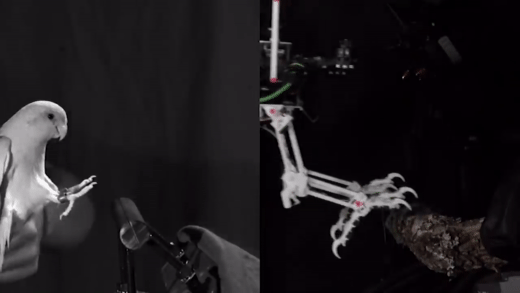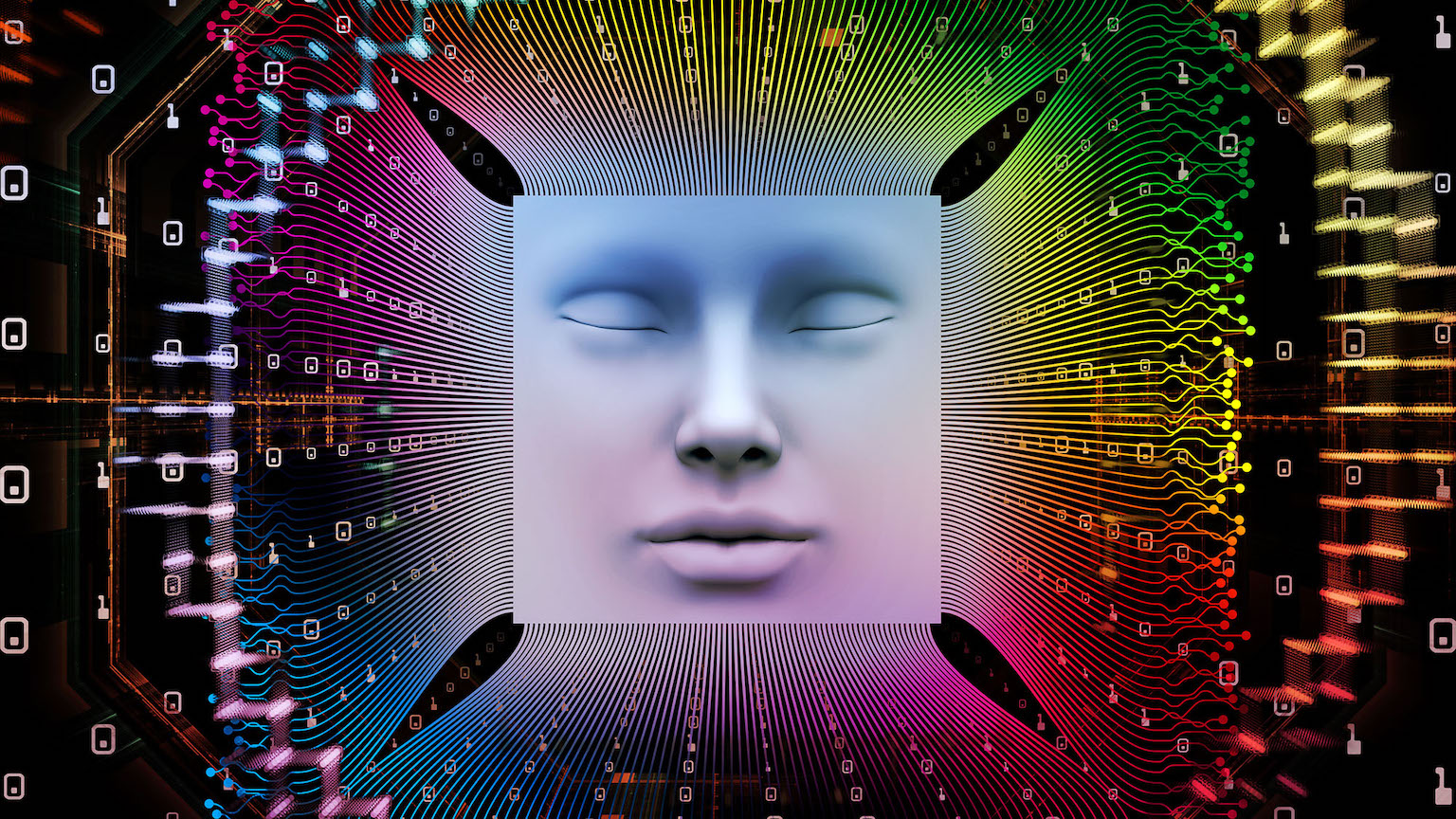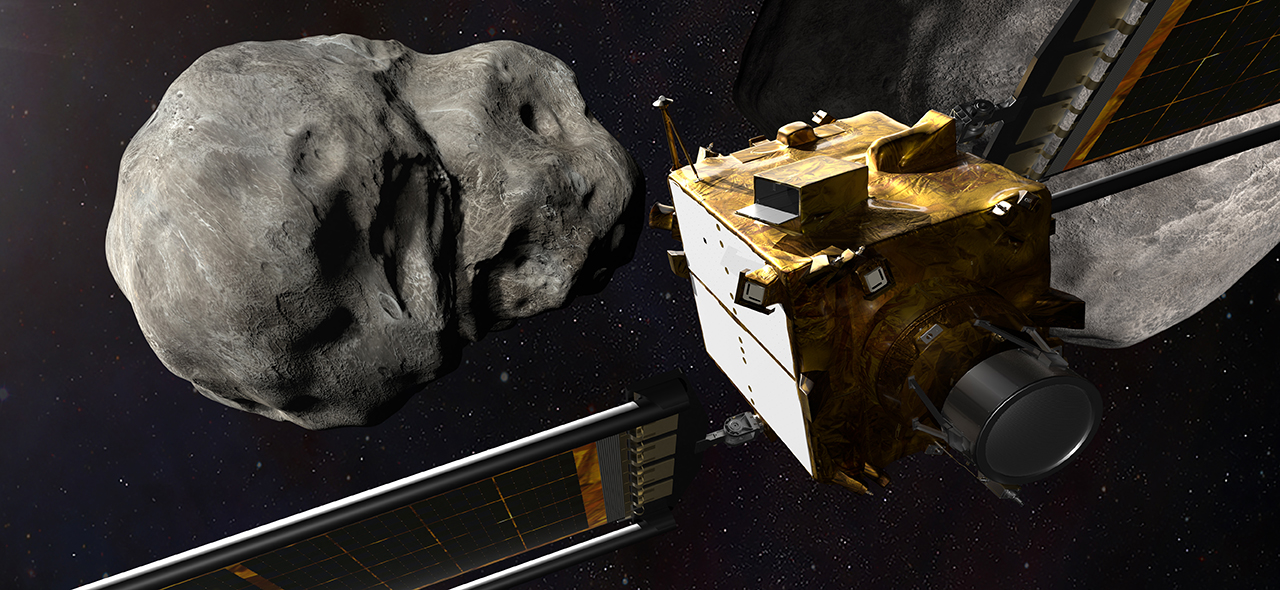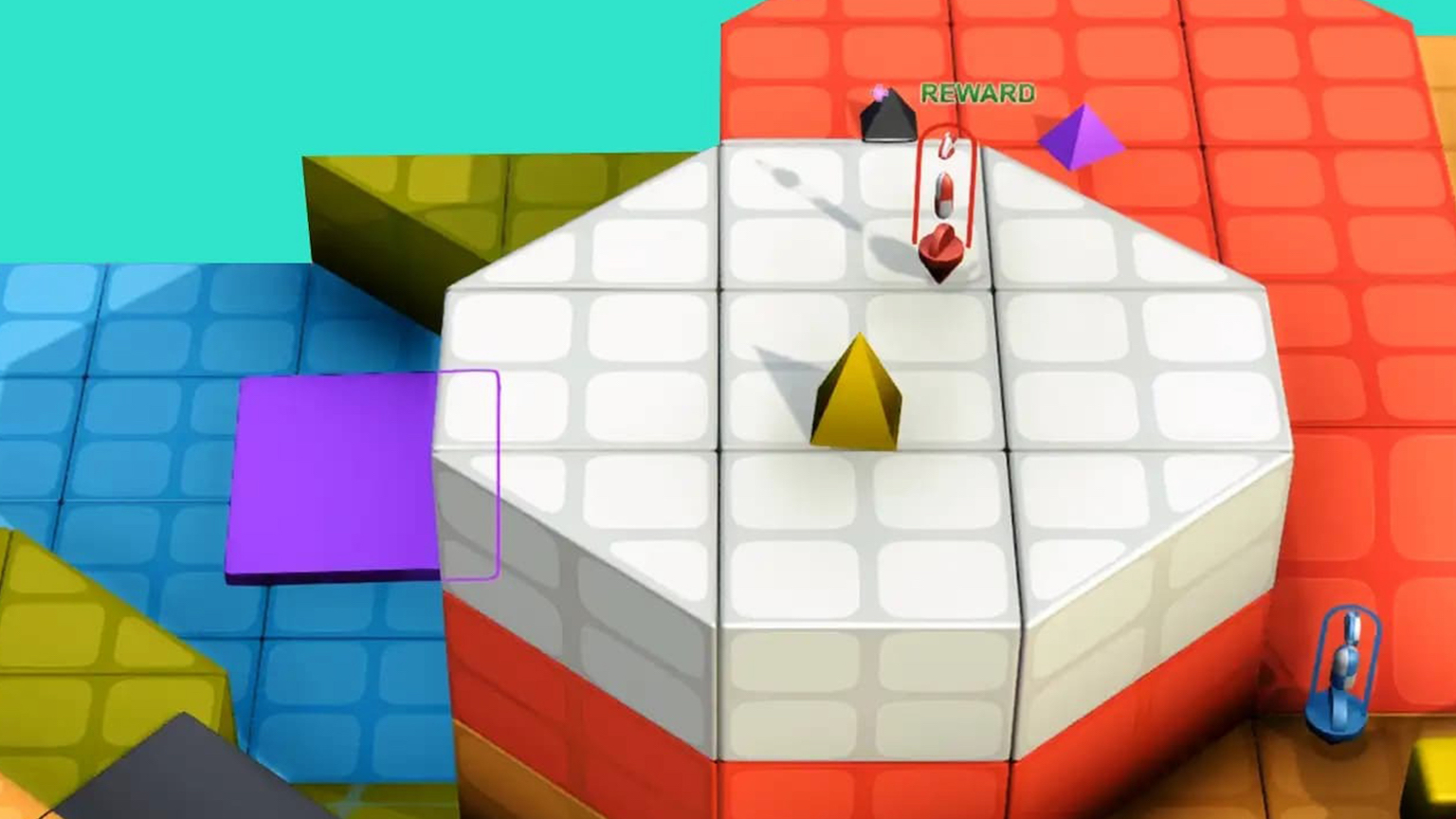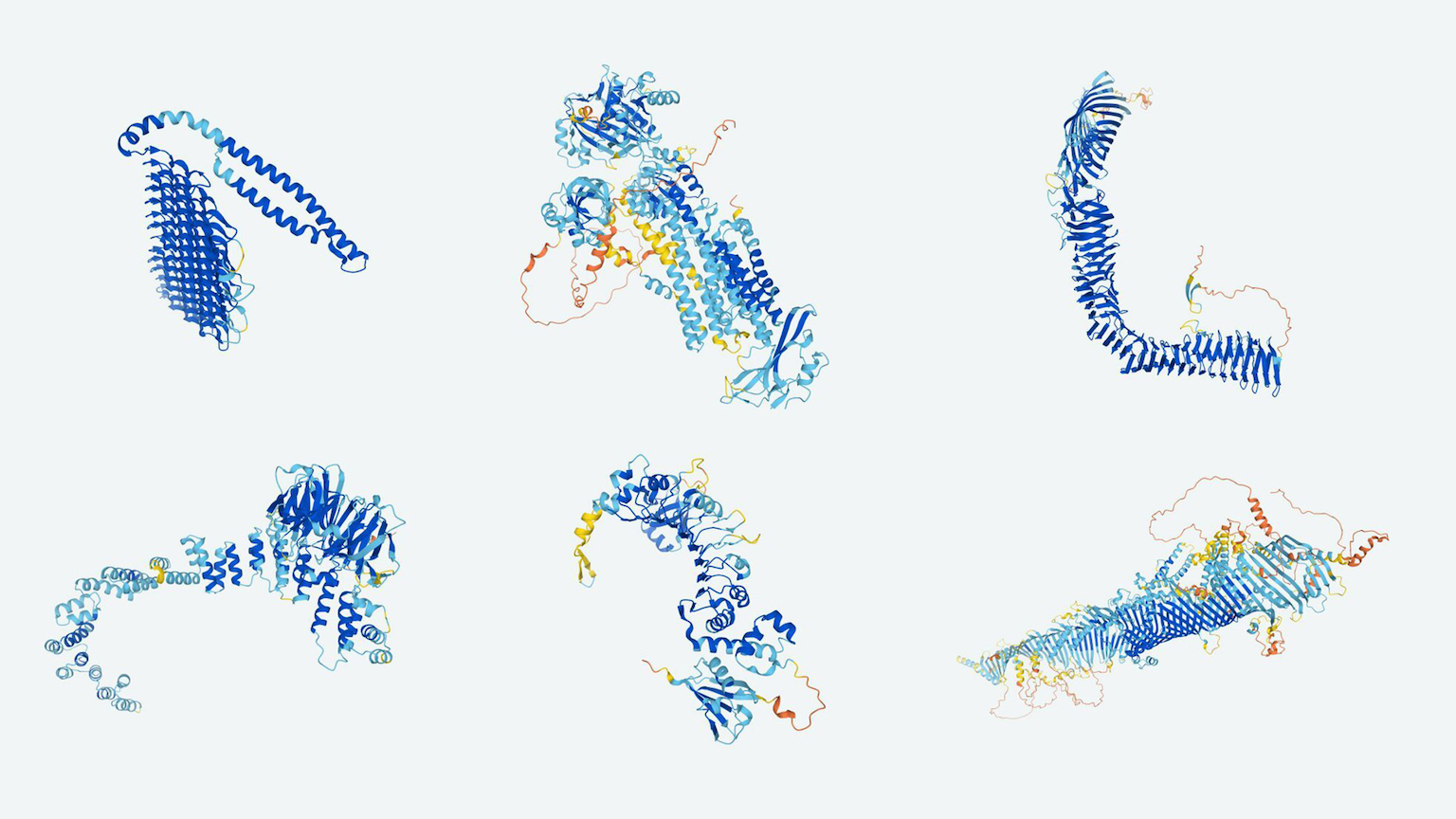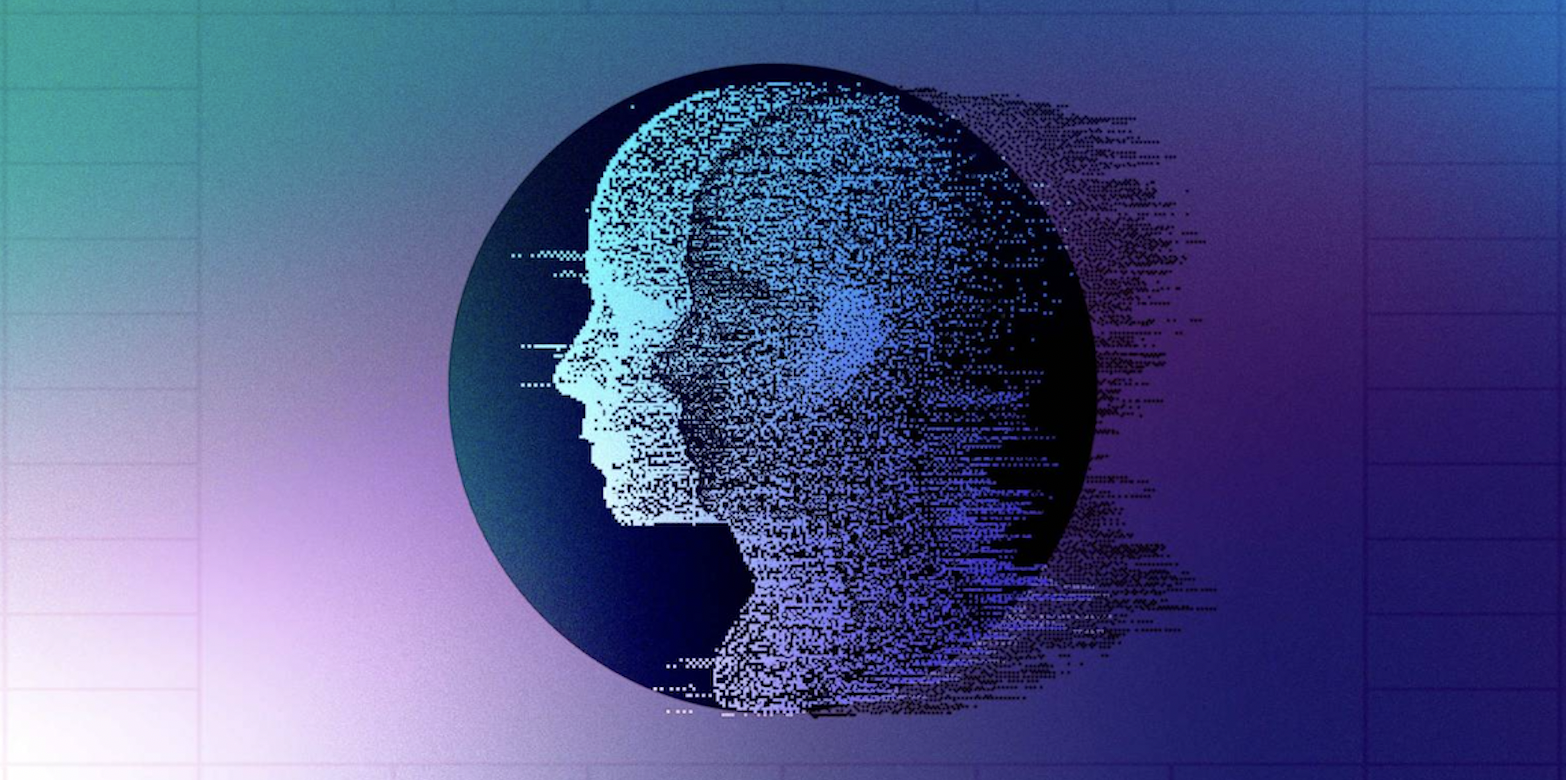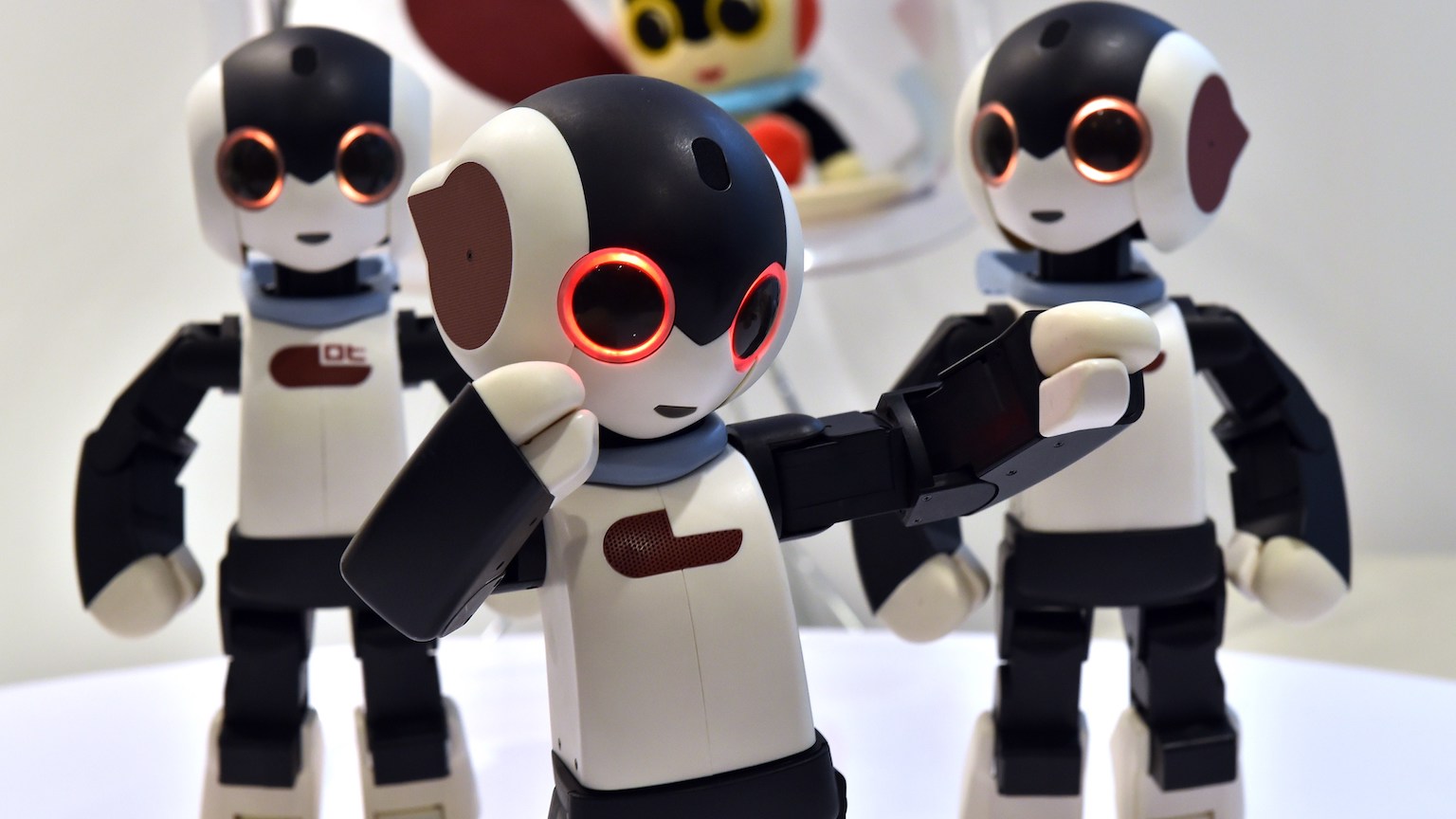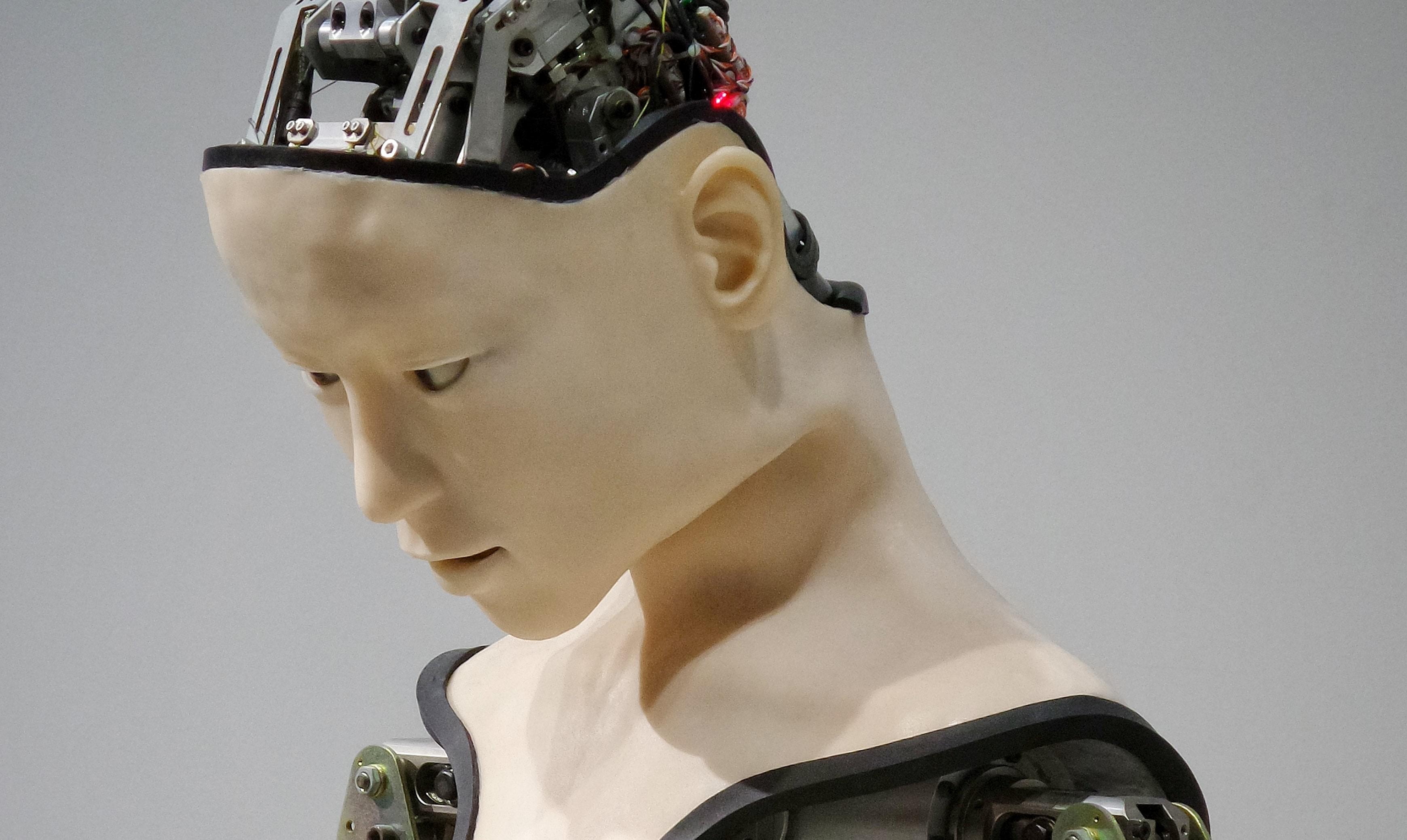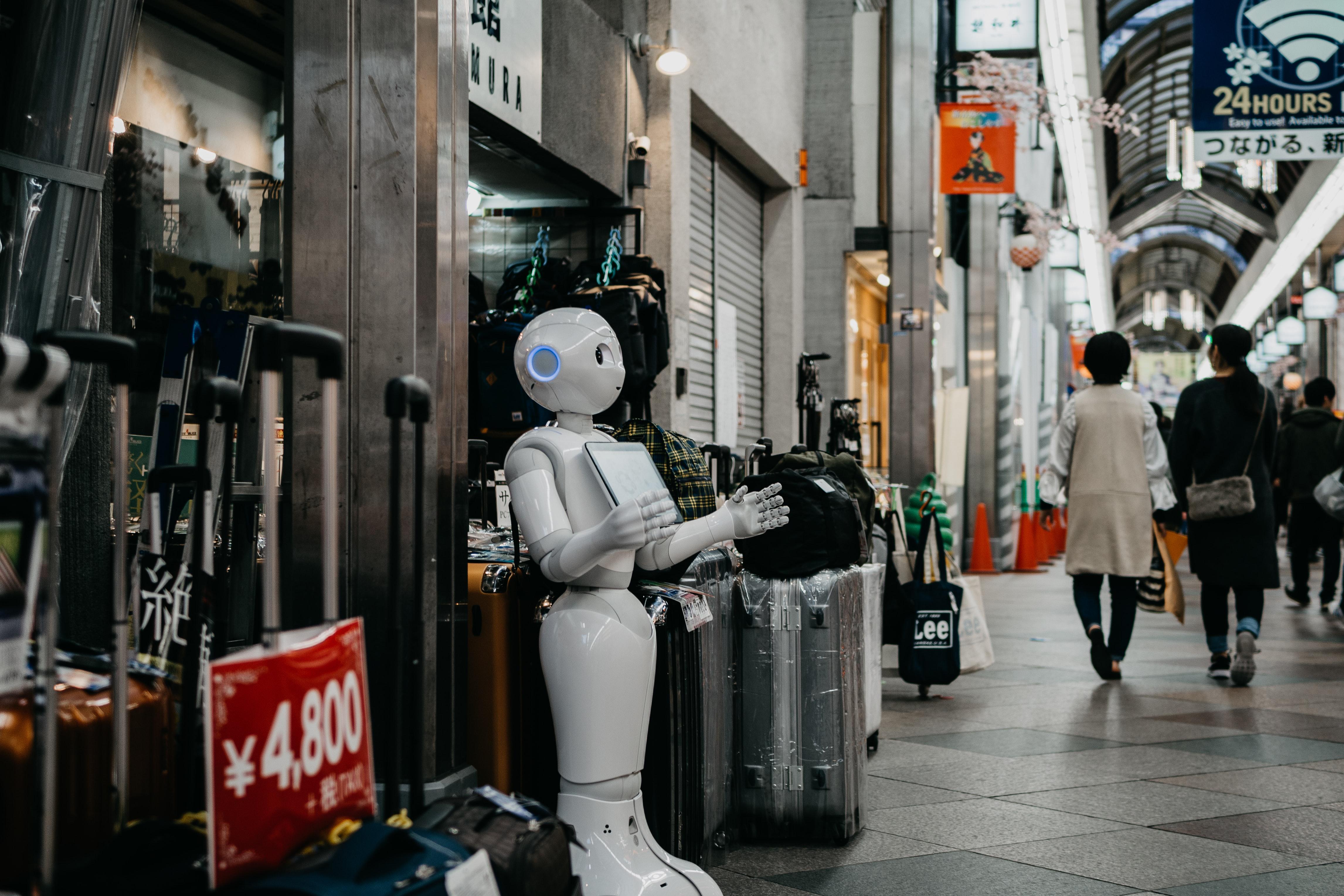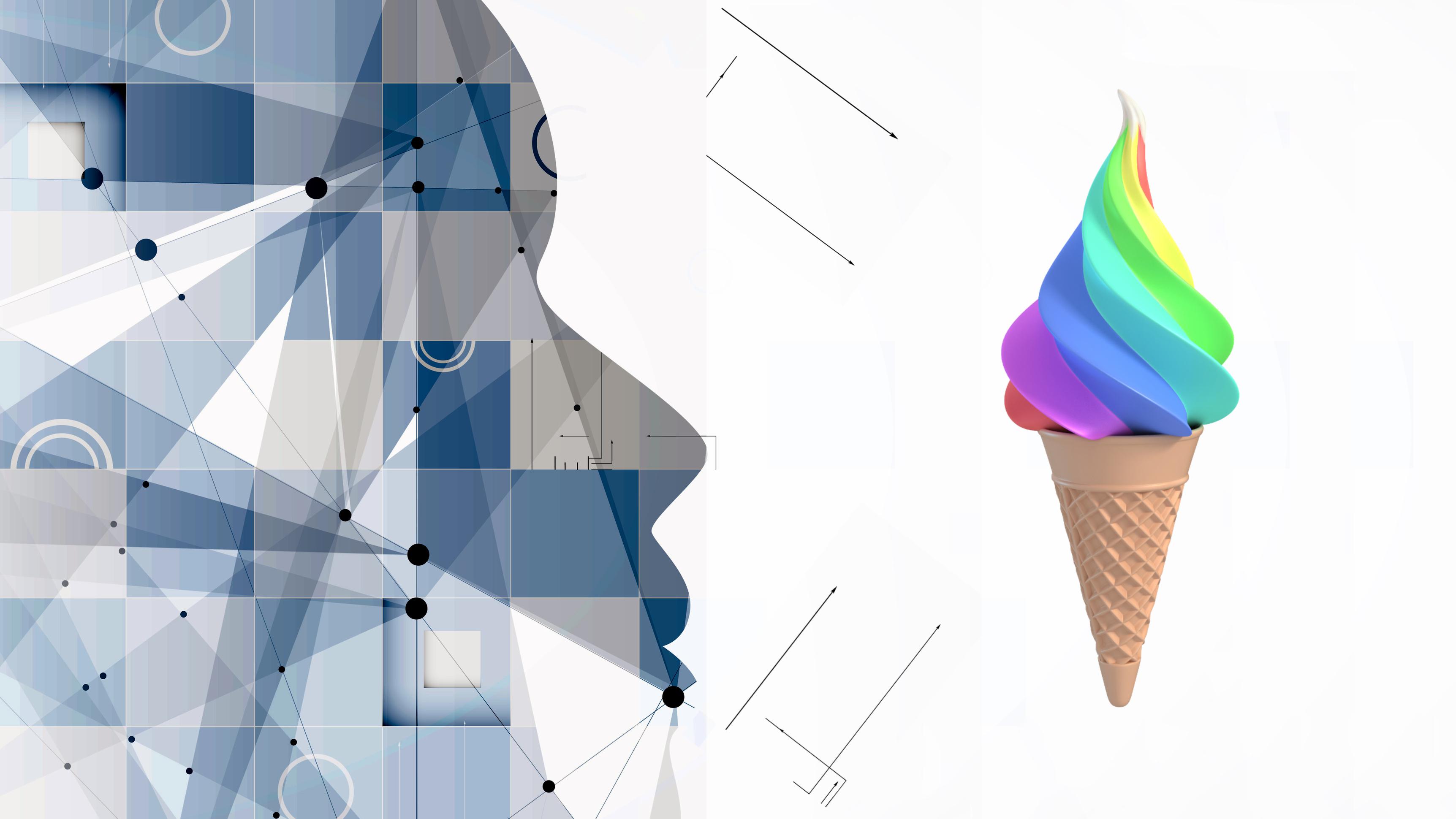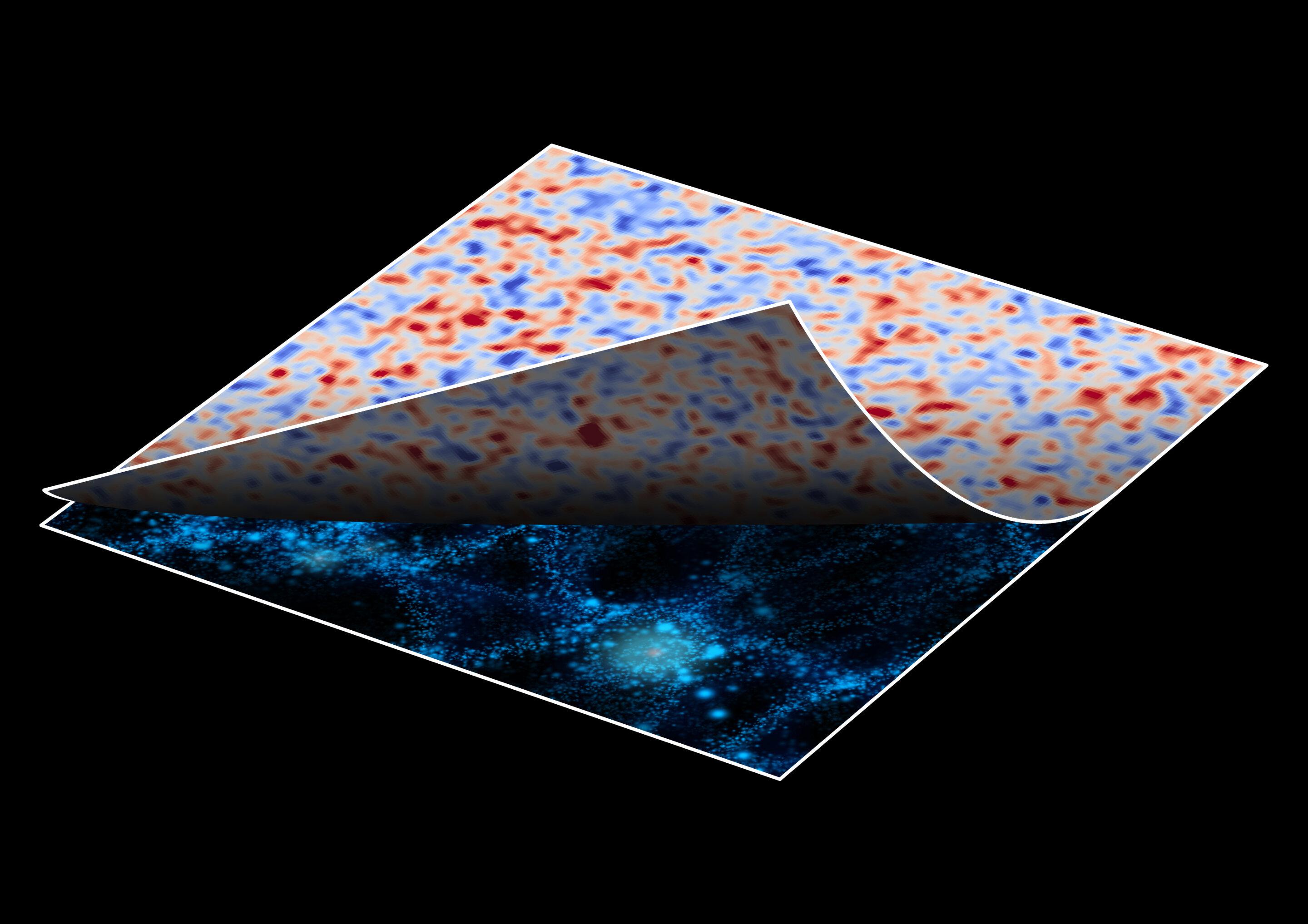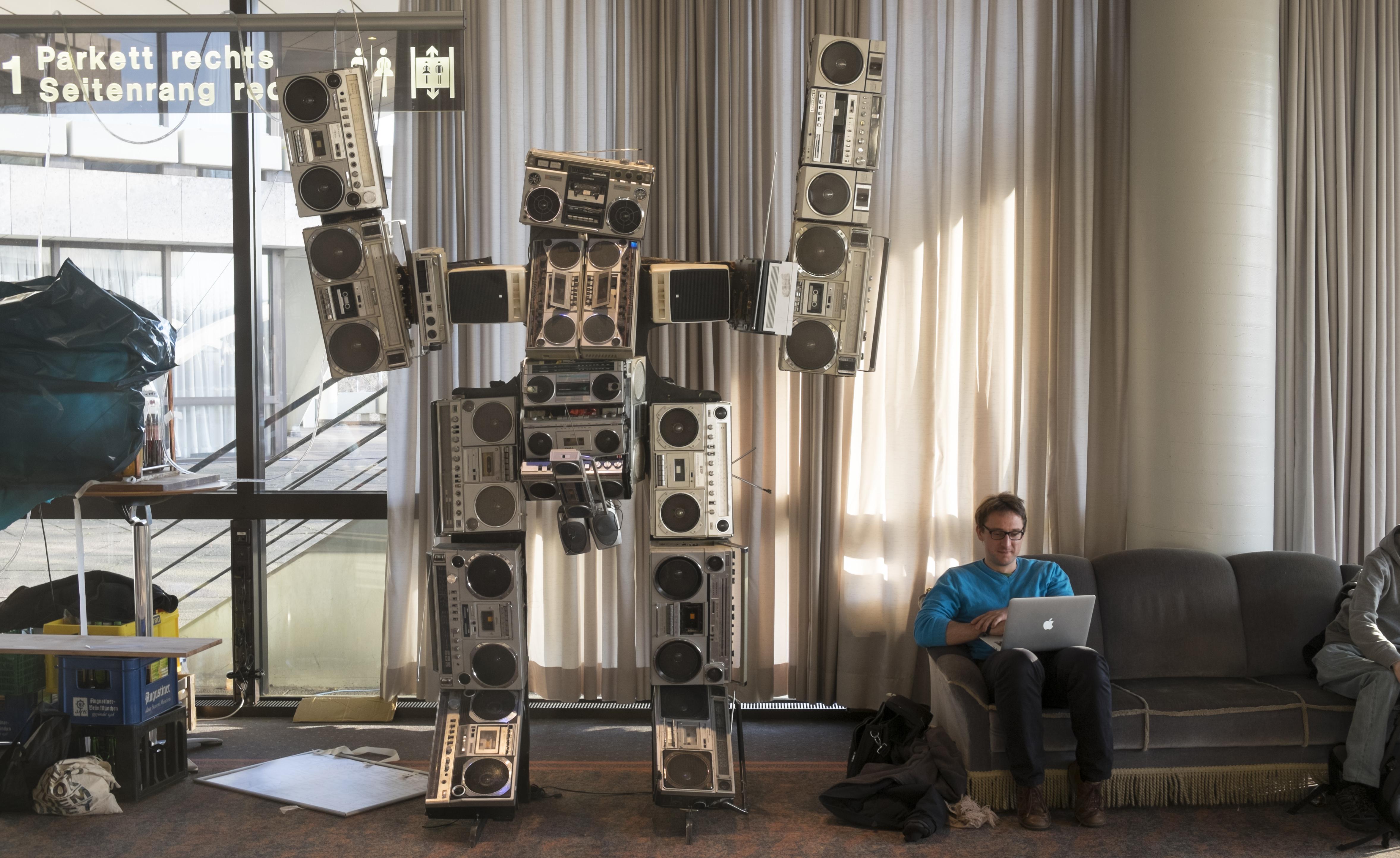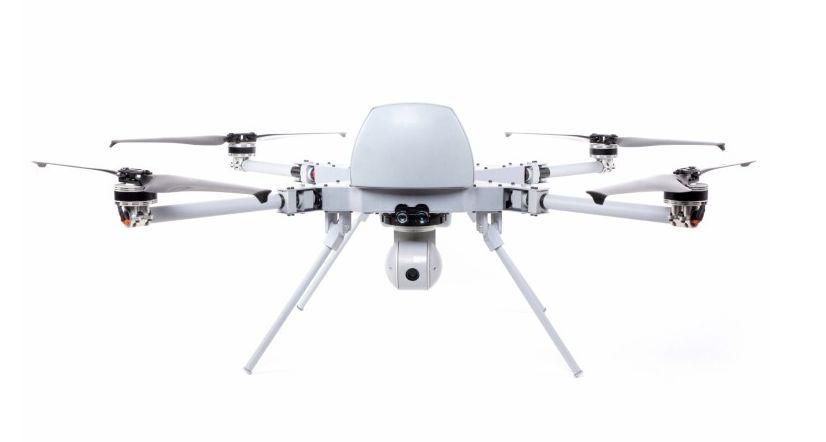ai
What was once an art form has been drained of color and personality by ruthless algorithms. Can we make chess human again?
It is often assumed that AI will become so advanced that the technology will be able to do anything. In reality, there are limits.
A century ago, electric cars were common. The fact that they were almost entirely replaced due to the internal combustion engine is a testament to the glacial pace of battery breakthroughs.
The AI remembers that you are 32 years old and like to eat sushi, except on Thursdays.
GPT-3, which features 175 billion parameters, just might fool you in a conversation.
The metaverse has the potential to be revolutionary, for both good and bad. Here is how we can maximize the former and prevent the latter.
Drones have a lot to learn from the landing abilities of birds.
In 2022, the probe will crash into an asteroid while a nearby satellite captures it on camera.
“This will be one of the most important datasets since the mapping of the Human Genome.”
In his new book, “The Wires of War: Technology and the Global Struggle for Power,” Jacob Helberg outlines the brewing cyberwar between Western democracies and autocracies like China and Russia.
Are we really only a moment away from “The Singularity,” a technological epoch that will usher in a new era in human evolution?
From forecasting stock prices to diagnosing disease, Swarm AI enables better group decisions.
Mind Bank Ai is the newest entrant in an ambitious idea: using AI to create a kind of immortality.
AI tried to write music. It wasn’t exactly The Beatles.
Is there actually anything deserving of the term AI?
You don’t need to completely automate a job to fundamentally change it.
There’s no telling whether machine-learned common sense is five years away, or 50.
The Rijksmuseum employed an AI to repaint lost parts of Rembrandt’s “The Night Watch.” Here’s how they did it.
Understanding “why” may be the key to unlocking an AI’s imagination.
South Korea is piloting a CCTV system it hopes will save lives.
A new artificial intelligence method removes the effect of gravity on cosmic images, showing the real shapes of distant galaxies.
The pilot project is in 10 stores and is 85% accurate.
If computers can beat us at chess, maybe they could beat us at math, too.
How one startup plans to use “death rays” for good instead of evil.
A brief passage from a recent UN report describes what could be the first-known case of an autonomous weapon, powered by artificial intelligence, killing in the battlefield.
Dreams are weird. According to a new theory, that’s what makes them useful.
A new method could make holograms for virtual reality, 3D printing, and more. You can even run it can run on a smartphone.
If you ask your maps app to find “restaurants that aren’t McDonald’s,” you won’t like the result.

